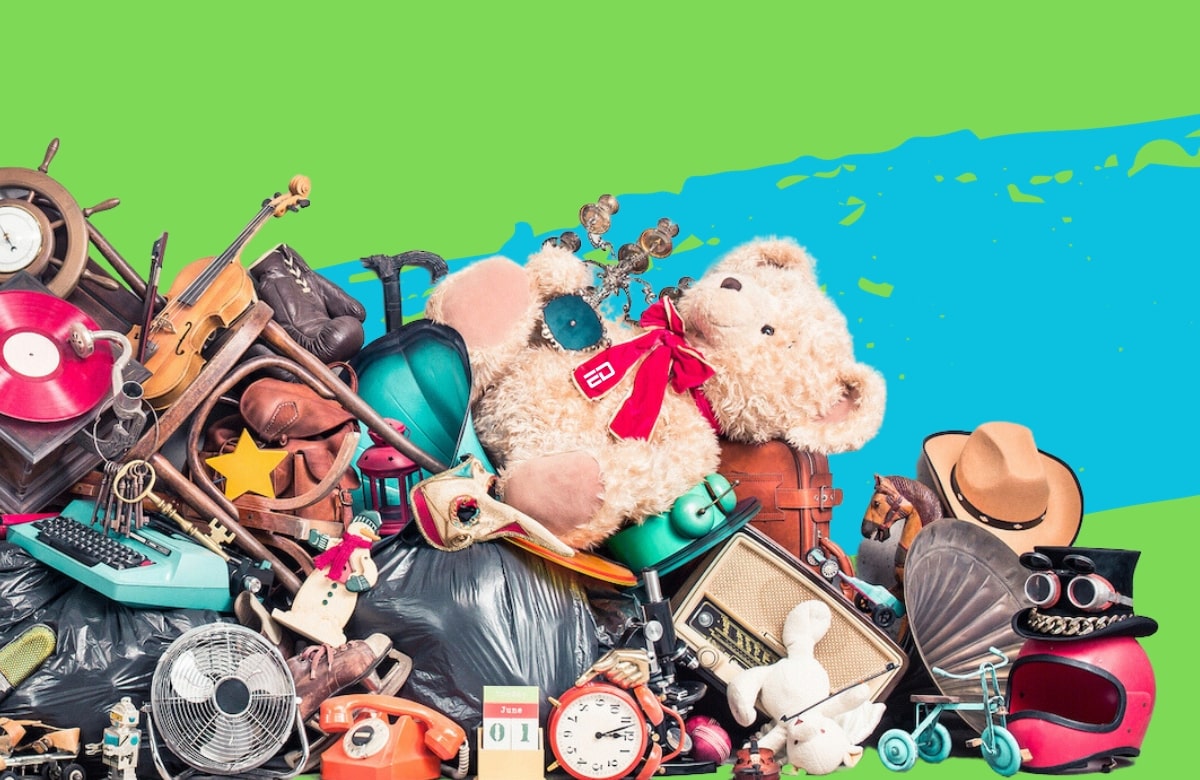Hoarding disorder is a complex mental health condition characterized by the persistent difficulty in discarding possessions, irrespective of their value or functionality. It can lead to disorganized clutter, affecting an individual’s quality of life significantly.
While hoarding has gained recognition as a legitimate disorder, it raises essential questions regarding our intricate relationship with material possessions, influenced by the capitalist culture that promotes excessive consumption.
The Nature of Hoarding Disorder
Hoarding disorder, formally recognized in DSM-5, is a condition that goes beyond mere untidiness or laziness. It involves a compelling need to retain possessions, even those with little practical value, which can result in an overwhelming accumulation of clutter. This behavior affects the well-being of individuals and their ability to function in their living spaces.
The Influence of Capitalism on Hoarding
Capitalism plays an important role in shaping our attitudes toward material possessions, often perpetuating the need for excessive consumption. The capitalist economic system creates conditions of both scarcity and surplus, fostering a sense of dispossession and the constant desire for more possessions to fill the void. The pursuit of endless possessions becomes deeply ingrained in society, contributing to the compulsion to hoard.
Hoarding as a Coping Mechanism
Hoarding behavior can also be linked to past traumatic experiences, where compulsive shopping and the need to retain objects serve as coping mechanisms to deal with grief, loss, or post traumatic stress. Accumulating possessions may provide a sense of insulation from the outside world and its dangers, but it can also lead to social isolation and strained relationships.
Read More: Spotify Finds A Very Interesting Music Consumption Pattern About Indian Gen Z
Attachment to Objects and Emotional Distress
For individuals with hoarding disorder, the attachment to objects can become more valuable than their relationships with people, leading to intense emotional distress at the thought of parting with these possessions.
The perceived value of objects is not solely based on monetary worth but is often tied to the experiences and memories associated with them.
Intersection of Privilege and Hoarding
Hoarding can also intersect with issues of privilege. Studies have shown that hoarding is more prevalent in lower-income households, where a lack of necessary resources can lead to a pathological desire to save things that may someday be needed.
Additionally, the luxury of space can affect how hoarding behavior is perceived, with those in larger homes potentially being labeled as collectors rather than hoarders.
The Emergence of Digital Hoarding
In the digital age, hoarding is not limited to physical items; it has extended into the digital realm with the concept of “Digital Hoarding.” This behavior includes accumulating vast amounts of digital data, such as unread emails, screenshots, and media files, which can lead to clutter and a sense of overwhelm.
Addressing Hoarding Disorder
Hoarding is a challenging condition to address, as individuals may be reluctant to seek treatment or may not recognize their problem. Treatment options may include therapy, medication, and support groups.
Hoarding disorder is a multifaceted issue influenced by our capitalist culture, emotional attachments to possessions, past traumas, and privilege. Recognizing and understanding the complexities of hoarding is essential for providing support and treatment to individuals affected by this disorder.
It also calls for a broader examination of our consumer-driven society and its role in perpetuating the compulsion to accumulate excess, particularly in times of socio-economic uncertainty.
Image Credits: Google Images
Feature Image designed by Saudamini Seth
Sources: The Swaddle, The Guardian, Spaulding Decon
Find the blogger: Pragya Damani
This post is tagged under: Hoarding disorder, Capitalism, Material possessions, Coping mechanisms, Emotional attachment, Privilege, Digital hoarding, Trauma, Consumer culture, Treatment options, Societal influences, Mental health
Disclaimer: We do not hold any right, or copyright over any of the images used, these have been taken from Google. In case of credits or removal, the owner may kindly mail us.




































